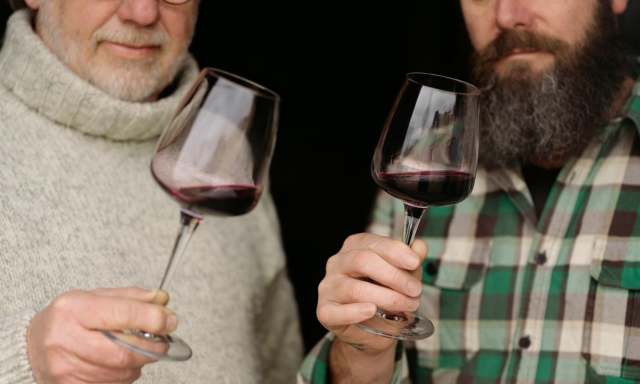In a corner of his whitewashed 18th-century homestead, Håkan Hansson – the fifth generation of his family to farm this gently undulating stretch of land in southern Sweden – keeps a worn set of diaries, but not just for sentimental reasons.
From the early 1950s, Hansson’s mother, a keen amateur meteorologist, meticulously wrote down every detail of the weather in Skåne county. Her records show why, 70 years later, her son is now one of a fast-growing band of increasingly successful – and award-winning – Swedish winemakers.
“It’s really quite clear,” said Hansson, 68, a former financier who planted his first vines on the south-facing slopes of what is now the Hällåkra vineyard in 2003, and today has about 22,000 on 6.5 hectares.
“We have an extra month of summer now. And winters are not like what they used to be. That’s why we can make wine, and why 50 years ago, we couldn’t.”
September, Hansson said, used to be the month when temperatures would plummet, but not any more: “Now we’re seeing daytime temperatures of 24 or 25C, even at the end of the month, with perfect, cool nights. Impossible when I was a kid, and not very different from Burgundy.”
Even a decade ago, few would have bet on Scandinavia becoming a serious producer of quality wine. But while temperatures of up to 48C grilled grapes on the vine in some traditional wine-making areas of southern Europe last summer – costing some French growers up to 80% of their crop – global heating is incubating a whole new industry in the Nordic region.
Denmark now has about 90 commercial vineyards, compared with two in 2005, while Sweden has 50. A handful of bold pioneers are growing grapes in Finland, and the world’s most northerly functioning vineyard overlooks Norway’s largest fjord.



 Download Google Chrome
Download Google Chrome Download Mozilla Firefox
Download Mozilla Firefox Download Opera
Download Opera